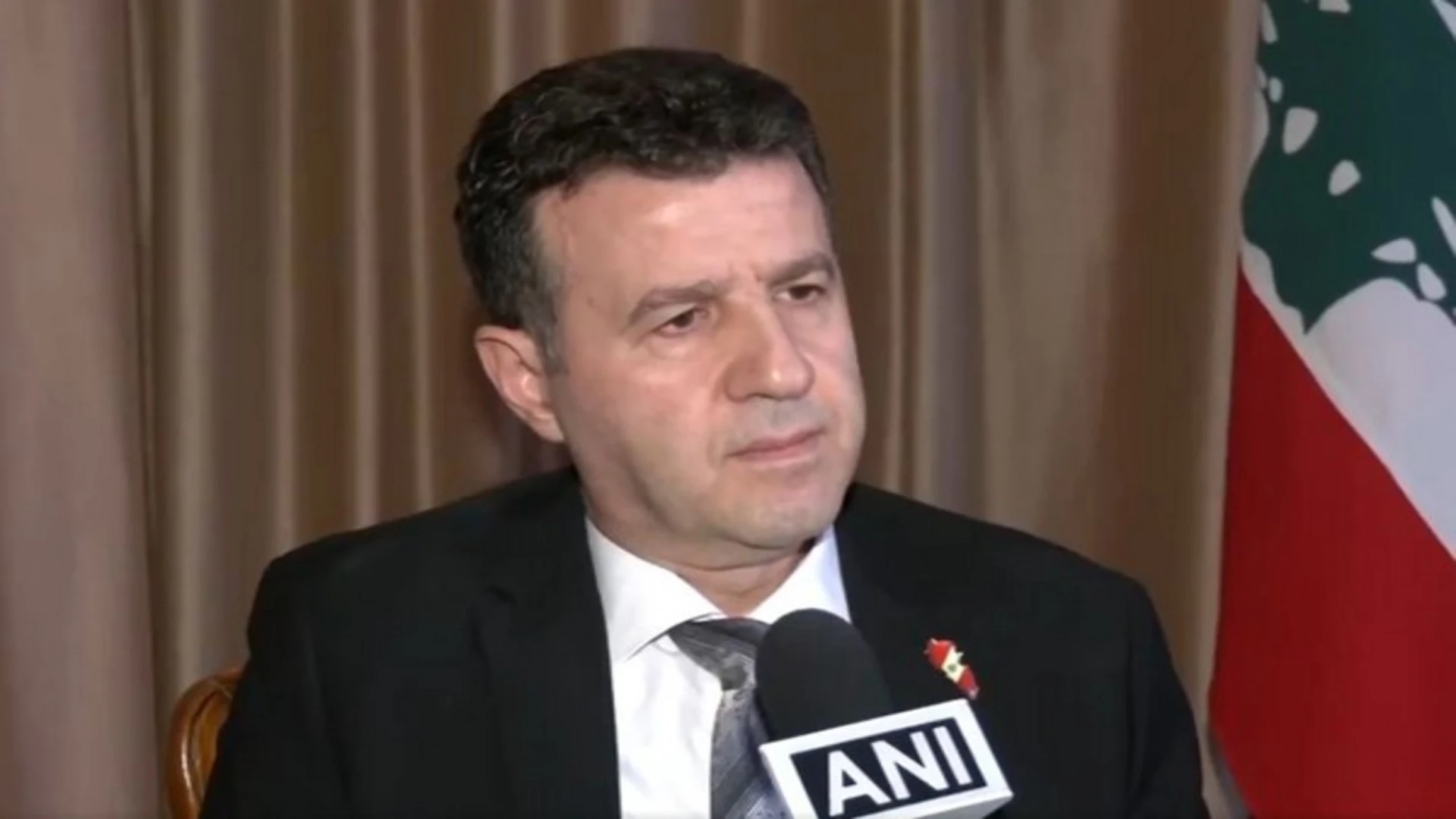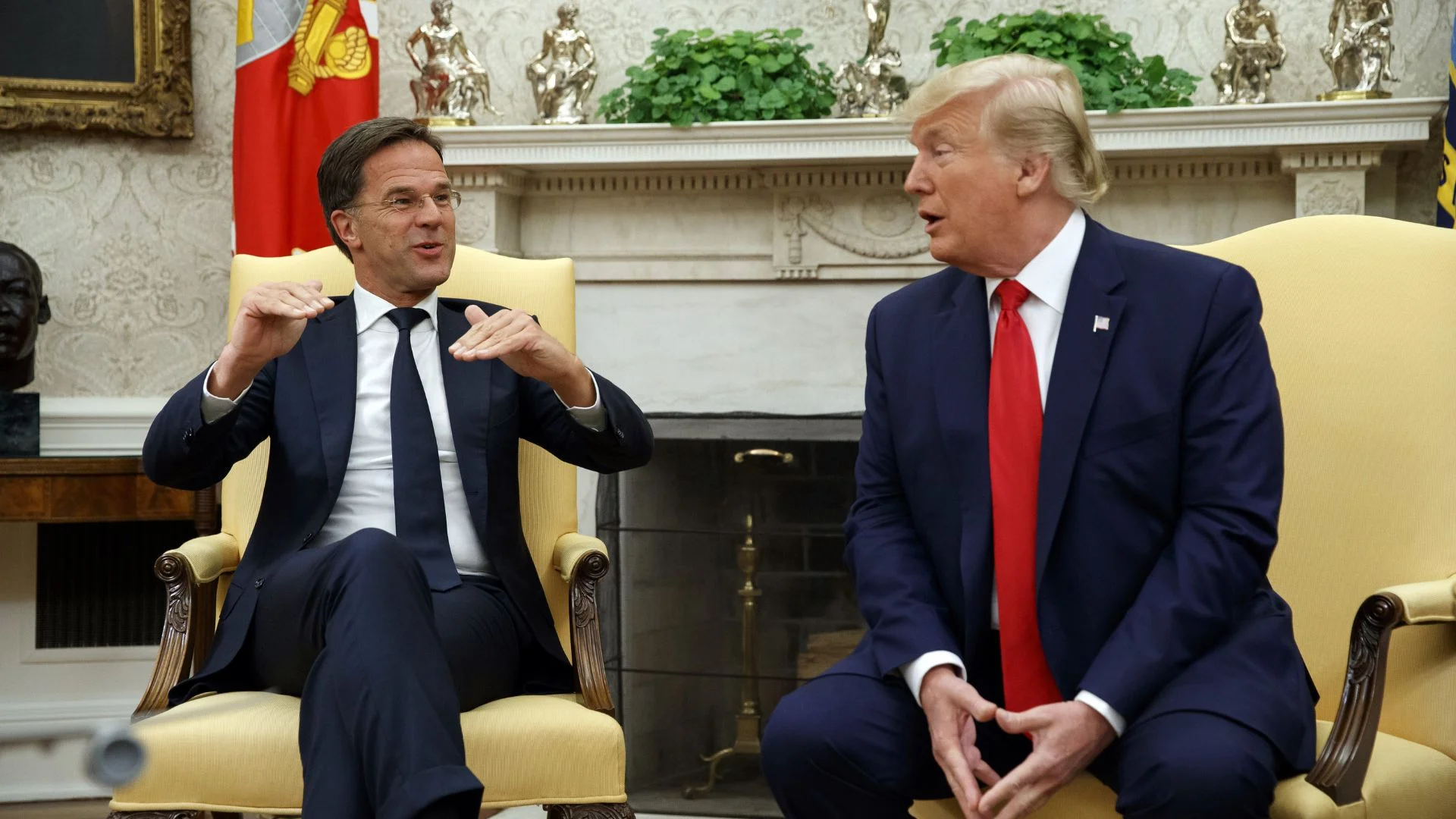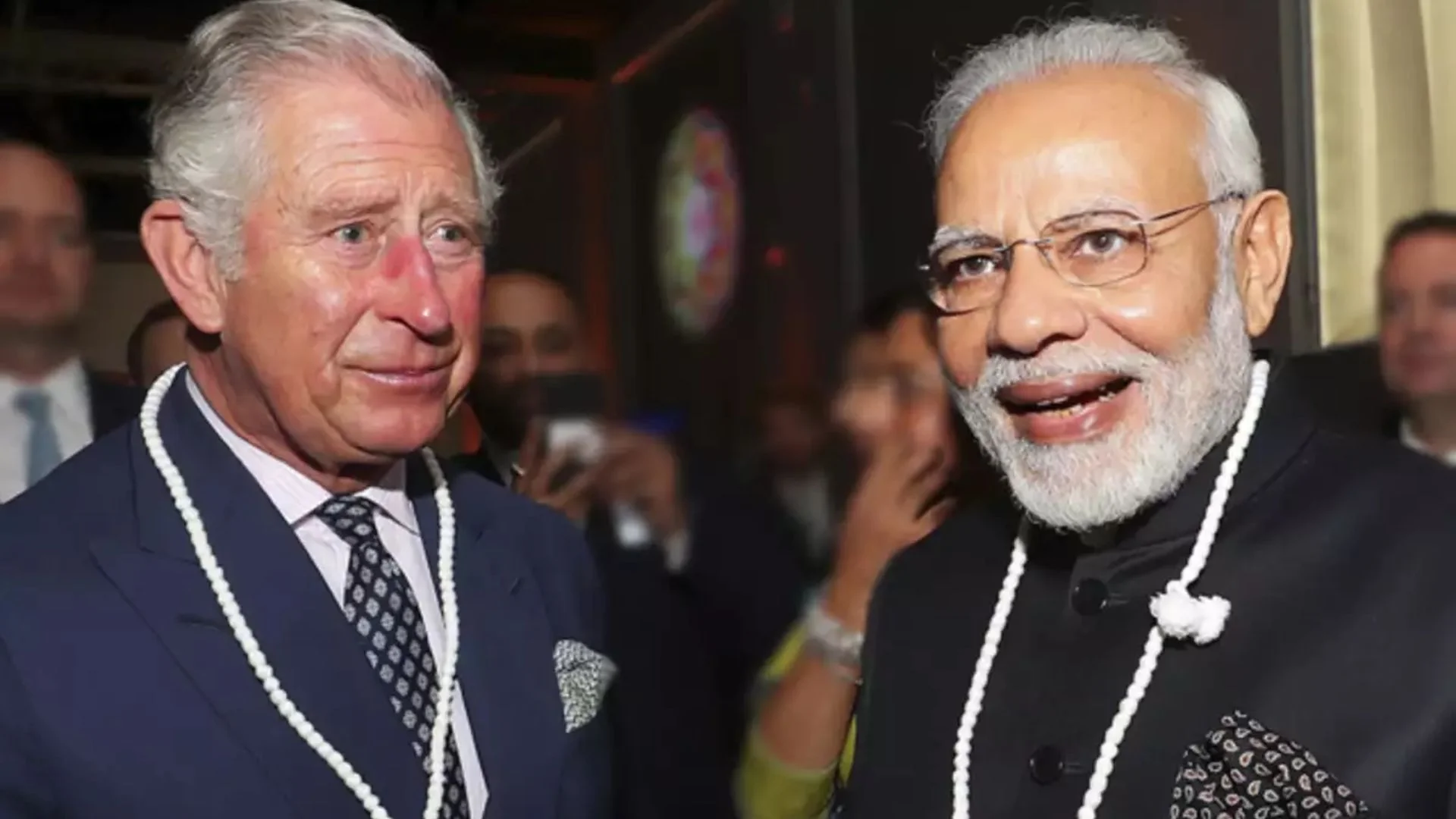
Lebanon’s Ambassador to India, Dr. Rabie Narsh, emphasised the critical role India plays in de-escalating tensions in the Middle East, particularly in light of recent conflicts involving Israel. He stated that tensions have escalated because Israel has not been held “accountable” for its actions, and he reiterated that Lebanon does not want the war to spread further in the region.
In an interview with ANI, Narsh noted that there are approximately 3,000 to 4,000 Indian nationals currently in Lebanon, all of whom are reported to be safe. He mentioned that the Indian government had voluntarily proposed humanitarian assistance to Lebanon, demonstrating a commitment to support the nation during these challenging times.
“The expansionist mindset of Israel is the root cause of the situation in the Middle East,” Narsh asserted. He referred to the attack on Israel by Hamas on October 7 as a significant event that should serve as a wake-up call for the international community. “It should be a wake-up call for the international community that enough is enough. It should be a call for the world to address the grievances of the Palestinian people and oppressed people and to work for lasting peace,” he remarked. He added that the events leading up to October 7 are part of a larger history of conflict that has persisted for decades, dating back to Israel’s occupation of Arab lands.
Currently, the situation in Lebanon is dire, with the death toll exceeding 2,100 and over 1.2 million people displaced due to the ongoing conflict. Narsh pointed out that the current war adds immense pressure on Lebanon, already burdened by numerous challenges.
The conflict in West Asia escalated significantly after Iran launched nearly 200 ballistic missiles targeting Israel. In response, the United States military coordinated closely with the Israeli Defence Forces to defend against these attacks. This came just days after Israel’s military actions against Hezbollah in Lebanon, resulting in the death of the organisation’s secretary-general, Hassan Nasrallah. In earlier incidents, Hamas leader Ismail Haniyeh was killed in Tehran, leading Iran to vow retaliation against Israel.
In light of these developments, Narsh reiterated the importance of India’s role as a peace-loving nation. “India is our friend, and they also have good relations with Israel. India is playing an important role in de-escalating the situation in my country and Middle East and the region,” he stated. He emphasised the need for increased pressure on Israeli Prime Minister Benjamin Netanyahu to cease the ongoing conflict.
Despite the turmoil, Narsh assured that the Indian nationals in Lebanon are safe, and there have been no requests from the Indian government to evacuate its citizens. He expressed appreciation for the Indian government’s preemptive offer of humanitarian assistance, stating, “We are in the process of organising some aid to Lebanon.”
Narsh criticised Israel’s actions, saying, “We always knew that the provocation by Israel of its neighbours will result in war in the region. We have reached this point by not holding Israel accountable. We have always called for ceasefire and de-escalation… We have publicly said we don’t want the war spreading to the region.”
The conflict between Hamas and Israel continues to escalate. Following the October 7 attack, which left over 1,200 people dead and around 250 taken hostage, Israel launched a robust counter-offensive against Hamas. The humanitarian situation in the region has become increasingly dire, with reports indicating that over 35,000 Palestinians have lost their lives due to the ongoing conflict, according to the Gaza health ministry.
Also read: Modi Govt Remains Largely Unresponsive To Wangchuk’s Hunger Strike
In addition, it is important to note that the humanitarian situation is worsening not just in Palestine but also in Lebanon, where the influx of refugees and increasing casualties place additional strains on an already struggling economy. International humanitarian organisations are urging for immediate ceasefires to provide necessary aid and prevent further loss of life.















